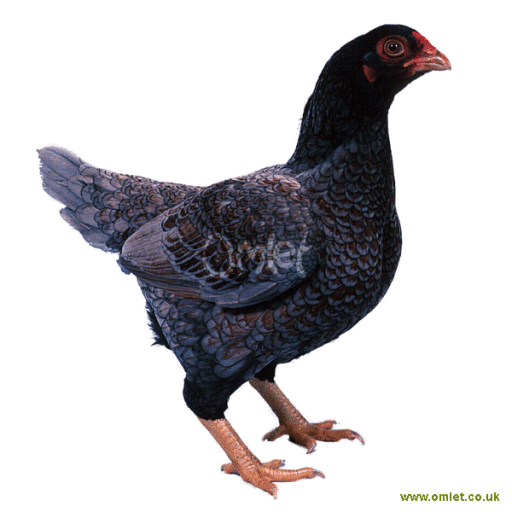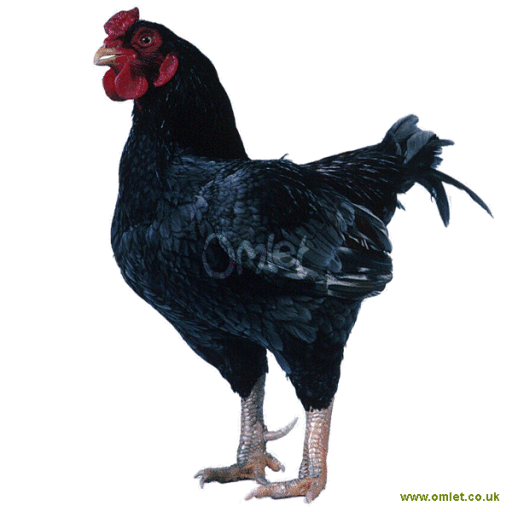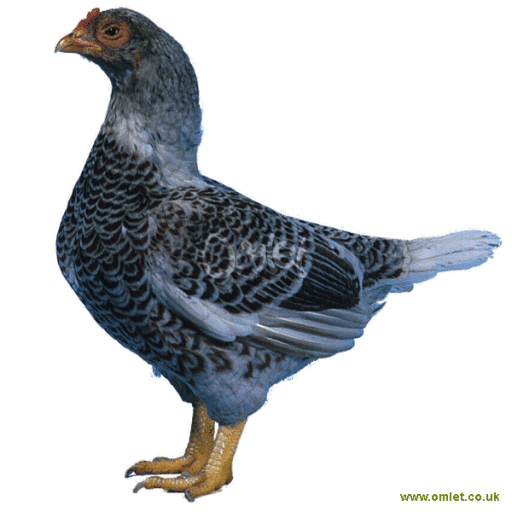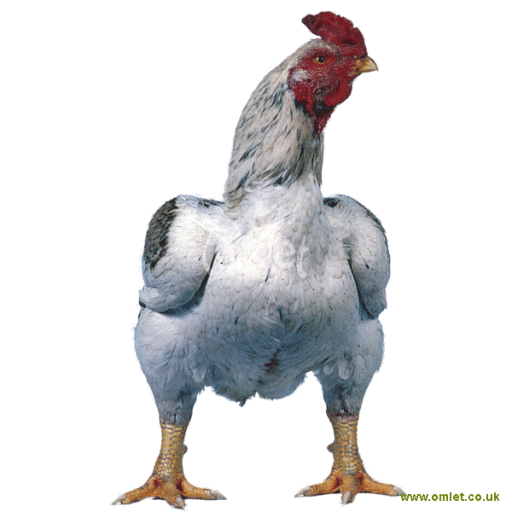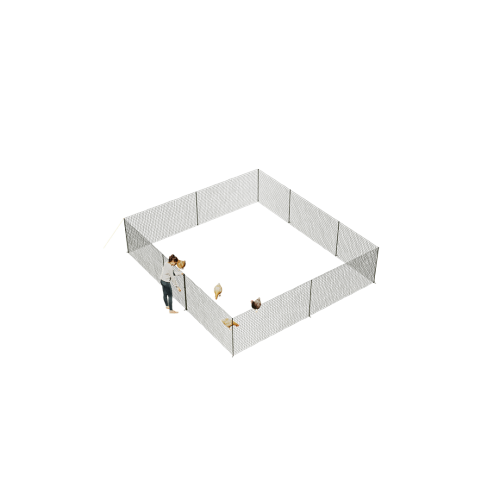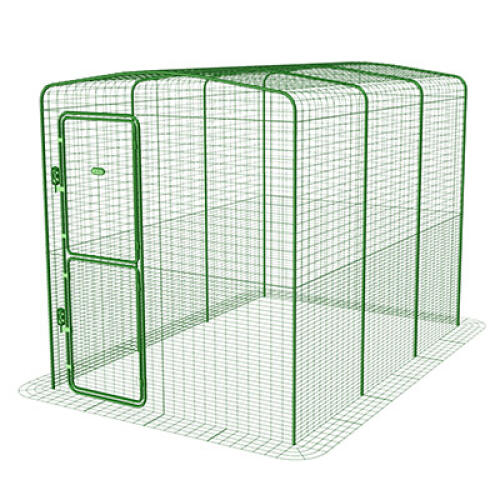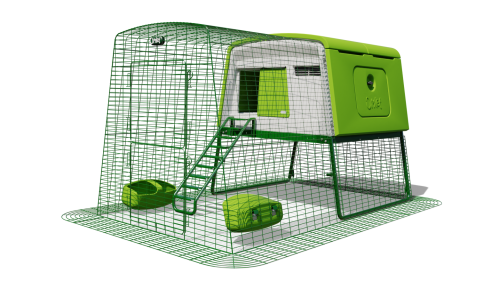Indian Game Chickens




Indian Game History
Indian Game Behaviour
Indian Game Varieties
Indian Game Pictures
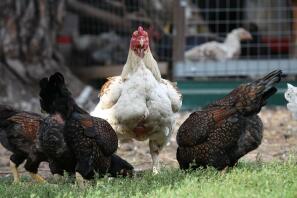
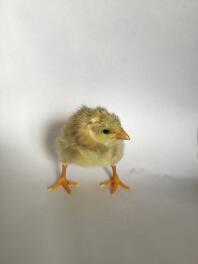
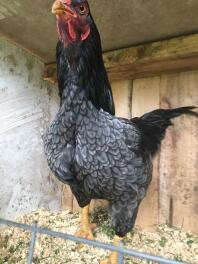
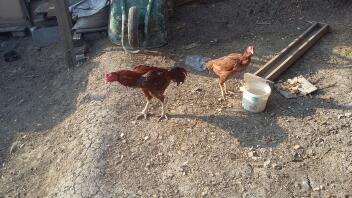
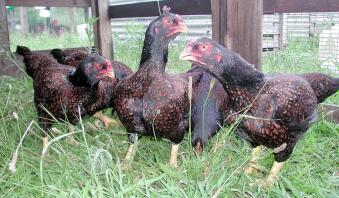
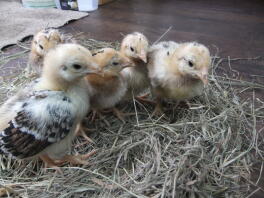
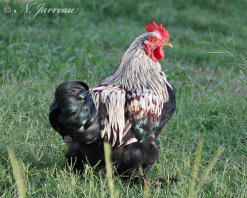
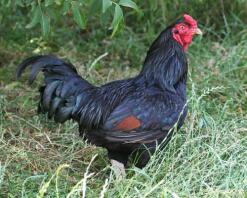
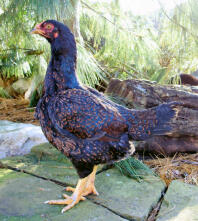
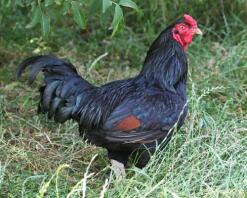
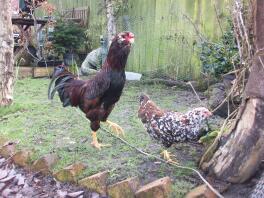
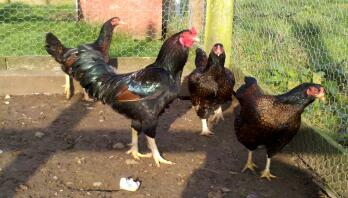
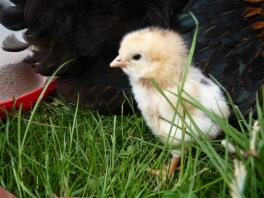
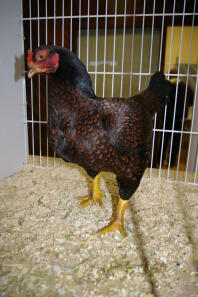
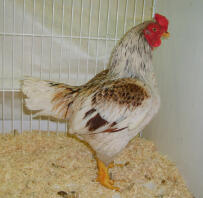
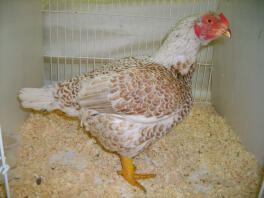
Indian Game For Sale
Latest Reviews For Indian Game (5 of 10)
- Brandon,
An excellent meat breed
eggs - Deacon,
HI my large hen has layed every day and 168 eggs before she stoped. I have bantams in lay all year bar from when thay are broody and i let them sit and hatch. And i dont light them up its just what you no and how to give them the best. Wind and rain are your biggest reason why they stop laying in winter.
Good looking, males vicious - Cornish-Hen,
These are my favourite breed but along with other local breeders i have to keep mine behind tall fences and well away from children... the cockerels seem to be able to sense fear and whereas mine cower from fully grown men, they do tend to go for other humans entering their territory, and for this reason it pays to keep their spurs short. The females on their own do make nice pets, but don't have a very long laying season, but IMO the beautiful tight feathering and lacing on their plumage makes up alot for this. Great garden ornaments though they are very strong/muscular and can uproot grass, not just clip it.
great - George,
Indian game are stunning and are one of the hardiest breeds I have ever kept they do go broody but aren't very good mothers and tend to stand on eggs and chicks.
just the best - Deacon,
I have bantams and one large hen. One of my bantams has layed 102 eggs befor she whent broody. And my big hen is still laying and she has layed 115 so for so I think thay are not as bad as layers as thay have been made out to be. I think for a breed thay are ACE! My children love them.
Breeder Clubs for Indian Game
Indian Game Club
Email: john.sylvia@indiangame.co.uk
Website: www.indiangame.co.uk
Telephone: 01462 711617

